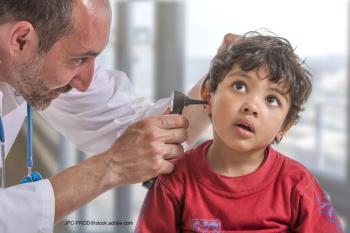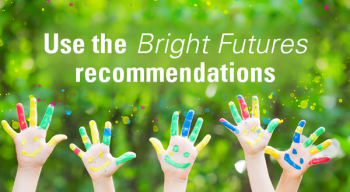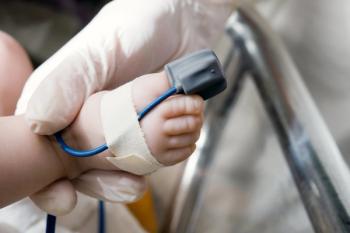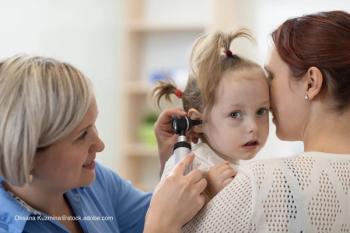
Report reveals that many self-management techniques can help teenagers keep their allergies as well as asthma under control.
Rachael Zimlich is a freelance writer in Cleveland, Ohio. She writes regularly for Contemporary Pediatrics, Managed Healthcare Executive, and Medical Economics.

Report reveals that many self-management techniques can help teenagers keep their allergies as well as asthma under control.

A recent report reveals some of the problems with electronic health records (EHRs), and what pediatricians can do to help.

Although improvements are modest, community interventions may help improve health care usage.

Children who are allergic to 1 type of nut are often allergic to multiple nuts or seeds, according to a recent report.

A recent study in Australia investigates whether a probiotic could help reduce food allergy development.

A recent report emphasizes the work of primary care physicians in preventing tobacco use in teens, noting that prevention is the best tool to combat smoking initiation.

A recent report followed thousands of siblings to see if genetics or environment played a greater role in depression development in high-risk children.

A retrospective study reveals that children with cow’s milk allergies—and the restrictive diets they must follow—may negatively impact their growth and development in comparison to their peers with other food allergies.

There are a number of ways clinicians can tackle peanut allergies, but allergy screening and early peanut exposure are still up for debate.

A recent study investigates what is causing ASD to drop in wealthy, white California.

A simplified assessment could determine the need for medications to treat opioid withdrawal in neonates more quickly.

A new study connects an asthma diagnosis to type 1 diabetes (T1D) development later in life but also shows that the opposite may not be true.

Children who struggle with rare food allergies may have multiple food restrictions, with little understanding as to what really helps.

Life-threatening allergies are difficult to live with, in more ways than one.

Housing assistance programs are associated with lower emergency department (ED) use by children with asthma.

A few major changes are included in this year’s update to the Child and Adolescent Immunization Schedule, including improved flexibility for tetanus- and pertussis-related vaccines.

Snacking isn’t bad for kids, but pediatricians should counsel parents on what snacks are best.

Access to comprehensive care is key to successful care of children with special needs and their families, an American Academy of Pediatrics (AAP) report notes, and the AAP offers specific suggestions for how to accomplish this.

Cytomegalovirus is common throughout childhood, but the virus can cause a host of complications for very low-birth-weight (VLBW) infants.

Traditional home economics classes that taught children about food and food preparation are a thing of the past in many schools. This loss can keep children and teenagers from exploring food and developing a strong, healthy relationship. A new program Food Ed. challenges to students to think about food beyond their plates.

Every pediatrician will face the issue of impaired parents and caregivers at some point in their career. A recent report offers some advice on handling those situations.

For families living in poverty, diaper banks can help keep their children clean and dry. Pediatricians could do more to assess their unmet need and step up referrals to these community resources.

A new anesthesia-free method for placing ear tubes, known as tympanostomy tubes, has been approved by the US Food and Drug Administration and gives clinicians an in-office option for the common procedure.

Clinicians may be able to identify patients at the highest risk of developing type 1 diabetes with a simple saliva test.

Pediatricians, not just parents and teachers, can and should help students who are struggling academically.

Parents and clinicians may sometimes catch the white glare in a child’s eye that signals potentially devastating eye problems, but a new app aims to make the process even easier and more accurate.

Early treatment in acute migraines is important, but behavioral and lifestyle changes may be the best prevention tool in the pediatric population.

Support from fathers trumps that of mothers when it comes to mitigating damage from discrimination over sexual orientation in LGBT teenagers and young adults.

Motor skill delays are an early predictor of language delays later in childhood and into adulthood in individuals with autism spectrum disorder.

A new study reveals that mothers who are aged younger than 20 years when their first child is born were more likely to have a child with attention-deficit/hyperactivity disorder (ADHD), and researchers suggest maternal age and other genetic factors may be the cause.